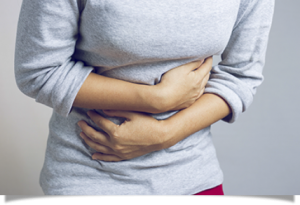
Abdominal pain is caused by inflammation of an organ (for example, appendicitis, diverticulitis, colitis), by stretching or distention of an organ (for example, obstruction of the intestine, blockage of a bile duct by gallstones, swelling of the liver with hepatitis), or by loss of the supply of blood to an organ (for example, ischemic colitis).
To complicate matters, however, abdominal pain also can occur without inflammation, distention or loss of blood supply. An important example of the latter is the irritable bowel syndrome (IBS). It is not clear what causes the belly pain in IBS, but it is believed to be due either to abnormal contractions of the intestinal muscles (for example, spasm) or abnormally sensitive nerves within the intestines that give rise to painful sensations inappropriately (visceral hyper-sensitivity). This often is referred to as functional pain because no recognizable specific abnormality to account for the cause of the pain has been found – at least not yet.
Whether you’ve got a mild stomachache, sharp pain, or cramps, abdominal pain can have many causes. For instance, you might have indigestion, constipation, a stomach virus, or, if you’re a woman, menstrual cramps.
Other possible causes include:
- Irritable bowel syndrome (IBS)
- Crohn’s disease
- Food poisoning
- Food allergies
- Gas
You may also get abdominal pain if you’re lactose intolerant or have ulcers or pelvic inflammatory disease. Some other causes include:
- Hernia
- Gallstones
- Kidney stones
- Endometriosis
- Gastroesophageal reflux disease (GERD)
- Appendicitis
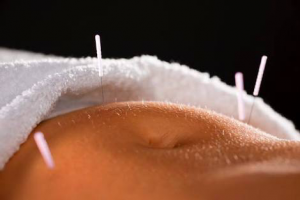 In Traditional Chinese Medicine(TCM) Exogenous pathogenic Cold, Heat, Damp-Cold or Damp-Heat are the most common factors causing abdominal pain. Cold has a contracting nature and obstructs the channels, collateral, muscles and the Zang-Fu organs, slows down the Qi and Blood circulation, and so causes pain. Heat has a burning and consuming nature, and has an upward-moving tendency. It can consume and concentrate the Blood and Yin, so it slows the circulation of Blood, resulting in its stagnation and the accumulation of water or Phlegm. Heat or Fire may disturb the normal movement of both Qi and Blood, causing stagnation of Qi and Blood. Once this occurs, it may cause pain due to channel obstruction. Damp is a substantial pathogenic factor of the Yin type, and has a heavy and sticky nature. It may combine with Cold or Heat to obstruct the Qi and Blood circulation^ causing pain.
In Traditional Chinese Medicine(TCM) Exogenous pathogenic Cold, Heat, Damp-Cold or Damp-Heat are the most common factors causing abdominal pain. Cold has a contracting nature and obstructs the channels, collateral, muscles and the Zang-Fu organs, slows down the Qi and Blood circulation, and so causes pain. Heat has a burning and consuming nature, and has an upward-moving tendency. It can consume and concentrate the Blood and Yin, so it slows the circulation of Blood, resulting in its stagnation and the accumulation of water or Phlegm. Heat or Fire may disturb the normal movement of both Qi and Blood, causing stagnation of Qi and Blood. Once this occurs, it may cause pain due to channel obstruction. Damp is a substantial pathogenic factor of the Yin type, and has a heavy and sticky nature. It may combine with Cold or Heat to obstruct the Qi and Blood circulation^ causing pain.
Generally speaking, all these pathogenic factors invade the superficial parts of the body, for instance because of abrupt changes of season. When the weather changes too quickly, people who do not take proper care to wear the correct clothing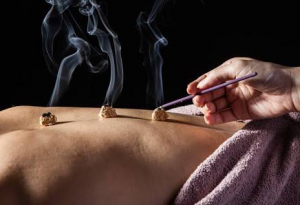 , or who have a weak constitution or are chronically sick, stressed or fatigued, are particularly vulnerable to attack by these Exogenous pathogenic factors. Invasion of Exogenous pathogenic factors may also be caused by bad eating habits.
, or who have a weak constitution or are chronically sick, stressed or fatigued, are particularly vulnerable to attack by these Exogenous pathogenic factors. Invasion of Exogenous pathogenic factors may also be caused by bad eating habits.
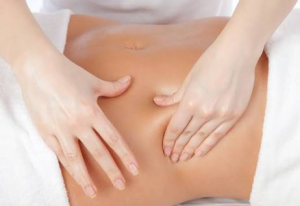
Treatment may include:
– Herbal Medicine
– Acupuncture + Saam Acupuncture
– King Moxibustion or Moxibustion
– Clinical Massage + Acupressure
– Cupping or Functional Cupping
– Electro Acupuncture or Laser Acupuncture or MPS Acupuncture or Ear Acupuncture
– Musculoskeletal Assessment + Stretching


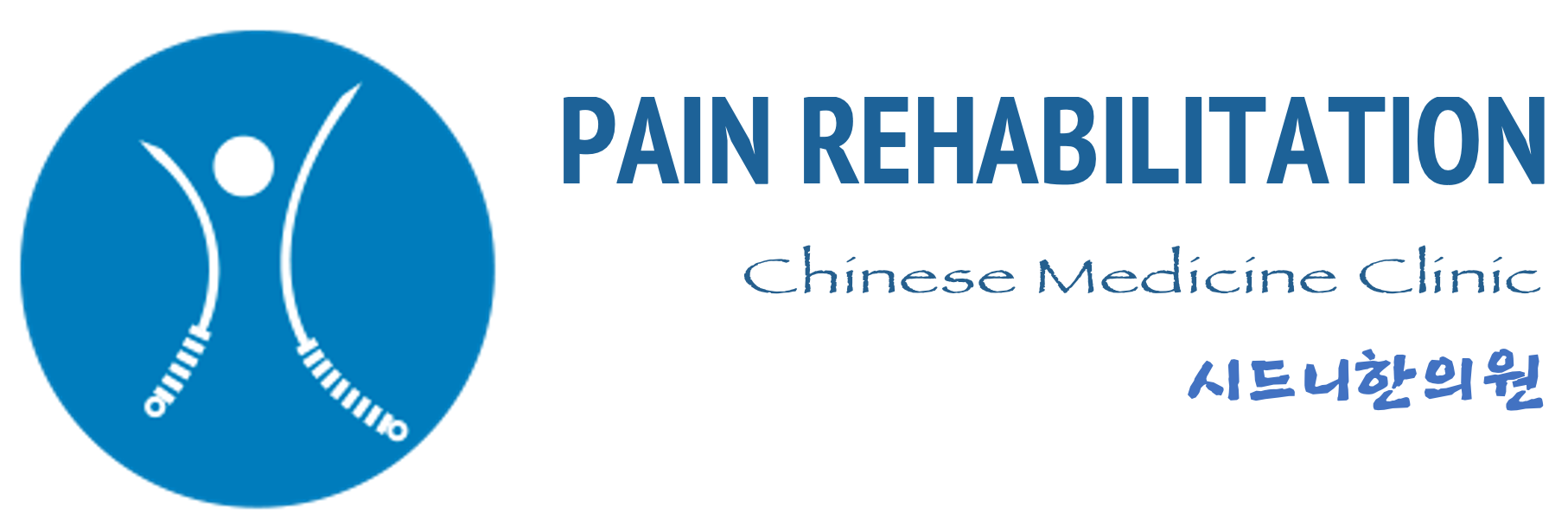
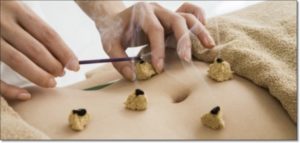 Treatment of gynaecological conditions
Treatment of gynaecological conditions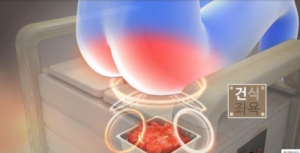
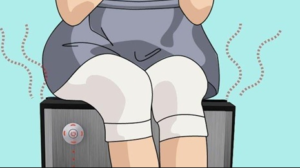
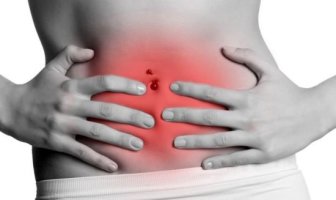
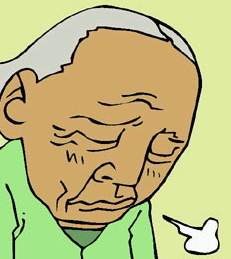
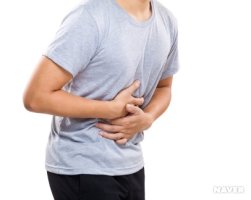 Digestion problems can range from minor annoyances such as gas and bloating, constipation, diarrhoea, irritable bowel syndrome (IBS), and acid reflux, to life-threatening illnesses such as ulcerative colitis, Crohn’s Disease and various cancers that target digestive organs. Whatever the case, it is always worth being proactive about our digestive health.
Digestion problems can range from minor annoyances such as gas and bloating, constipation, diarrhoea, irritable bowel syndrome (IBS), and acid reflux, to life-threatening illnesses such as ulcerative colitis, Crohn’s Disease and various cancers that target digestive organs. Whatever the case, it is always worth being proactive about our digestive health.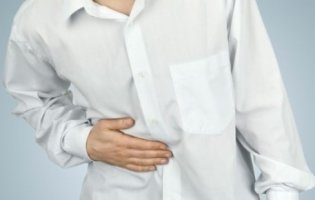

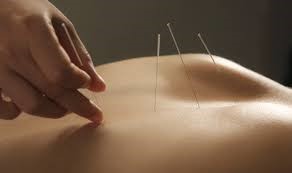 Asthma, and chronic obstructive pulmonary disease (COPD), which includes chronic asthma and bronchitis, or airway inflammation, are a spectrum of syndromes that include diseases of the lung which lead to a variety of symptoms, such as chest tightness, shortness of breath, dyspnea, wheezing and cough. Wheezing is type of breathing difficulty where the narrowed trachea and bronchioles produce a whistling, squeaking, puffing or musical sound as the air passes.
Asthma, and chronic obstructive pulmonary disease (COPD), which includes chronic asthma and bronchitis, or airway inflammation, are a spectrum of syndromes that include diseases of the lung which lead to a variety of symptoms, such as chest tightness, shortness of breath, dyspnea, wheezing and cough. Wheezing is type of breathing difficulty where the narrowed trachea and bronchioles produce a whistling, squeaking, puffing or musical sound as the air passes.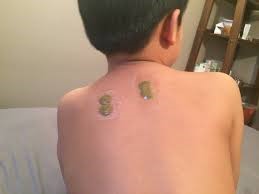


 I
I , or who have a weak constitution or are chronically sick, stressed or fatigued, are particularly vulnerable to attack by these Exogenous pathogenic factors. Invasion of Exogenous pathogenic factors may also be caused by bad eating habits.
, or who have a weak constitution or are chronically sick, stressed or fatigued, are particularly vulnerable to attack by these Exogenous pathogenic factors. Invasion of Exogenous pathogenic factors may also be caused by bad eating habits.
